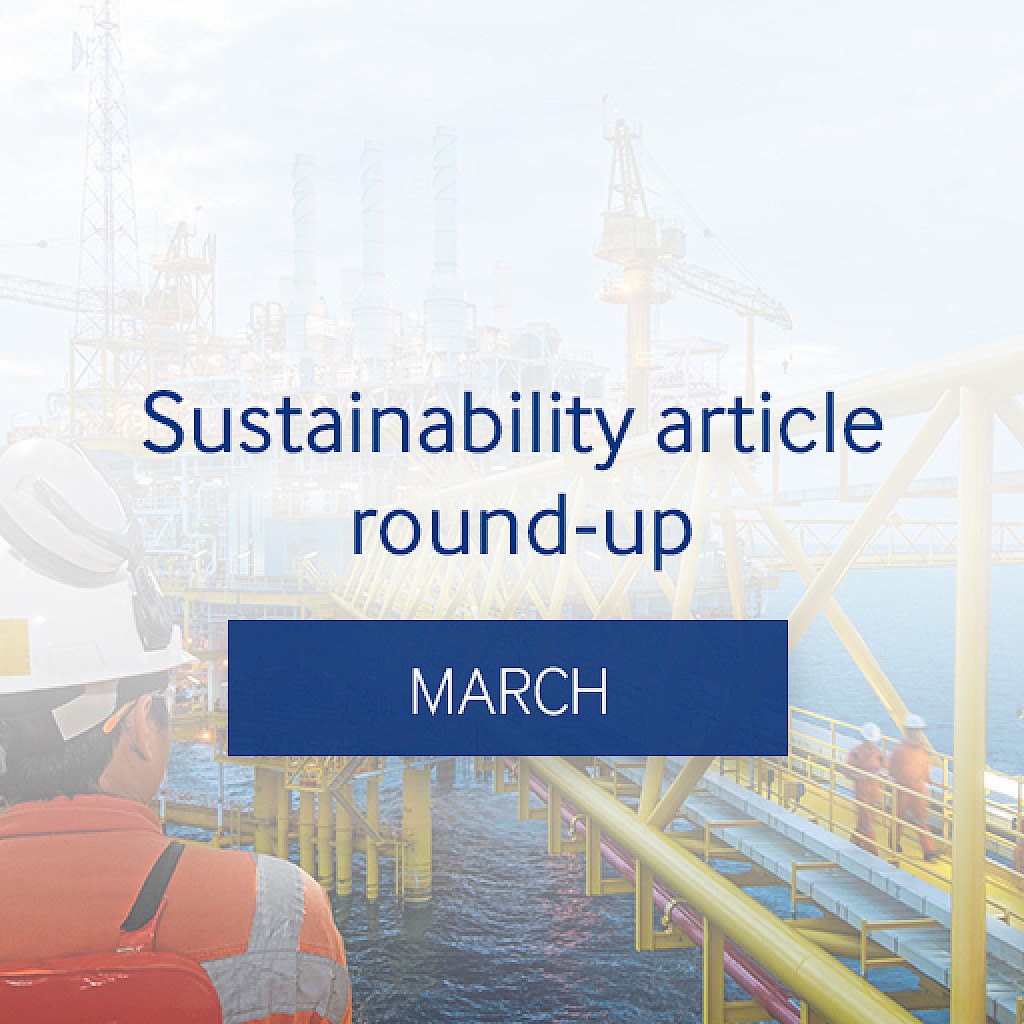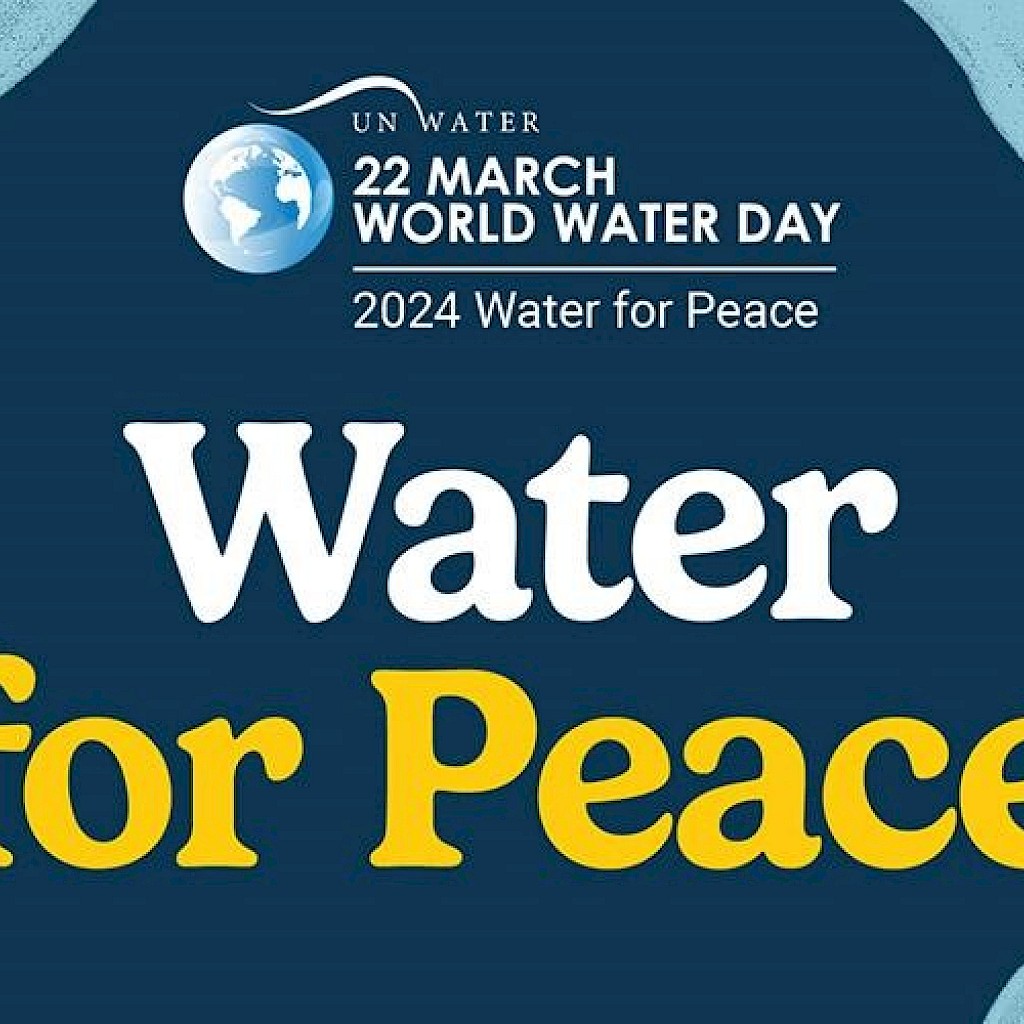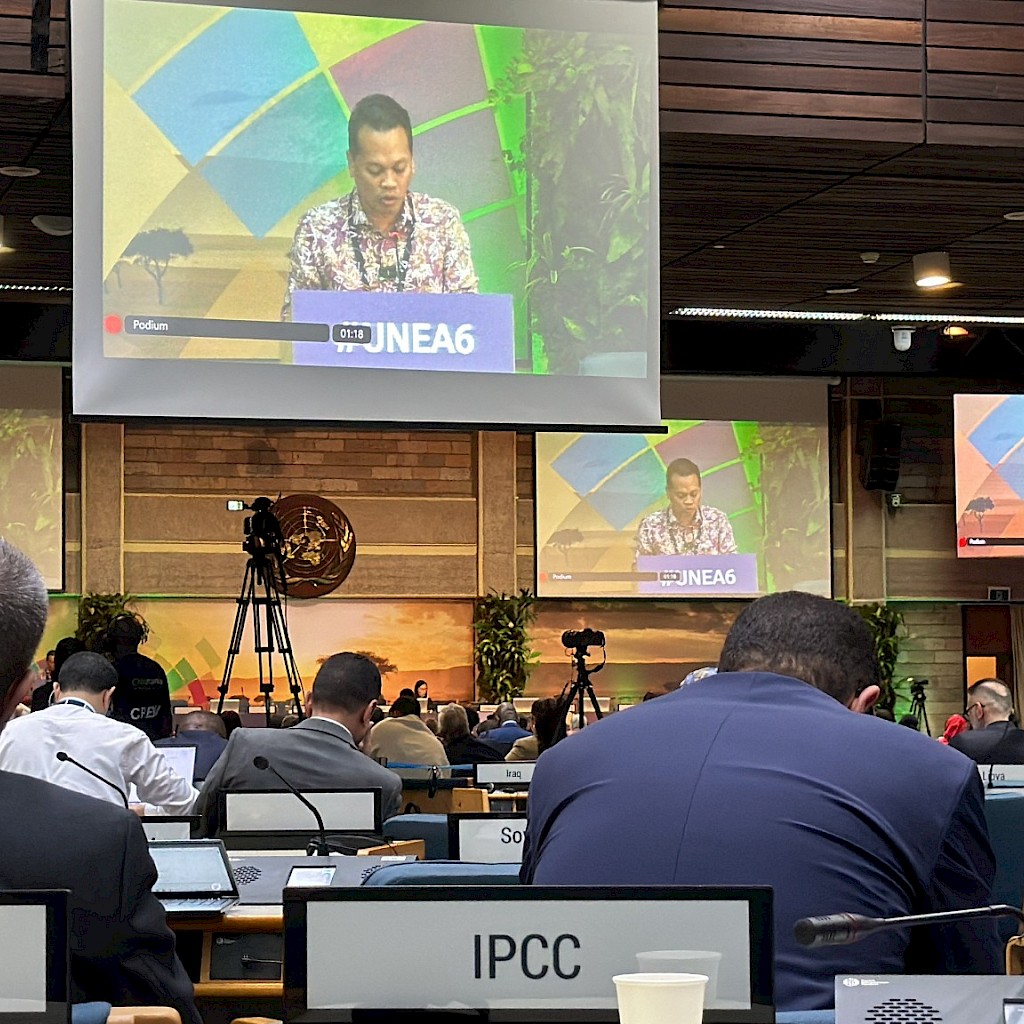Back at the beginning of what seems to be a very long year already, I wrote a blog about what a big year it would be, focussing on climate change and biodiversity. This was of course in anticipation of the two United Nations Conferences of the Parties (COP) originally scheduled for the fourth quarter of 2020. The UN Framework Convention on Climate Change (UNFCCC) COP-26 on Climate in Glasgow, UK and the UN Convention on Biodiversity (CBD) COP-15 in Kunming, China. Success at Kunming would mean the adoption of the post-2020 framework for biodiversity. Clearly the inevitable postponement of COP-15 will delay adoption of the framework and potential implementation of actions to support it. This is a cause for concern as the rate of biodiversity loss is alarming (for further details see the IPBES Global assessment report on biodiversity and ecosystem services). International agreements such as the post-2020 framework enable mechanisms to be developed that can make a significant positive impact as they are adopted and implemented in the member states. 196 countries are parties to the convention and you can find out more on its website: https://www.cbd.int/convention/.
Building back better?
Another concern, apart from the delay, arises from the repercussions of COVID-19 and the need for countries to address the economic and social consequences of the pandemic and the expected lengthy recovery process. This may well divert attention and resources away from important international efforts to combat climate change and address biodiversity loss. I hope it doesn't and that in some ways, the pandemic inspires a reset of the priorities and rejuvenation of international collaboration. That said, it's not looking promising at the moment, although by the time the CBD COP eventually takes place, things may be more settled.
From where I sit at the interface between the oil and gas industry and the environmental and social areas of UN activity, I am observing unprecedented short-term challenges for the industry brought on by the pandemic and the geopolitics that depressed the oil market even before COVID-19 hit demand for energy and mobility. Ipieca members are working hard to meet demand while also taking actions to respond to climate change and operating responsibly to uphold their obligations to the communities and the ecosystems around their operations. We see this through their continued commitment and active participation in Ipieca's working groups and task forces across the spectrum of our work on environmental and social issues.
The importance of biodiversity
Biodiversity and ecosystem services (BES) are an important area of our work. Together with the International Association of Oil and Gas Producers (IOGP), we host a BES Working Group convening experts from across the global memberships of the two associations. For many years they have been actively working to improve biodiversity management in the oil and gas industry, working in partnership with experts from within and outside the industry.
Our members recognise biodiversity makes a significant and vital contribution to society from ecological, cultural and economic perspectives. Loss of biodiversity and damage to land and marine ecosystems impact the ability to regulate our climate, access water, improve food security and so on. It is essential that activities in or near sensitive environments are responsibly managed. We have developed a range of guidance to support companies in their management of biodiversity in and around their operations.
Two main pillars of the guidance we provide are firstly, to take and environmental risk based approach to managing biodiversity and ecosystem services; and second to use the mitigation hierarchy (avoid, minimise, restore, offset) as a framework for good practice management. In this area we have worked extensively as a partner in the Cross-Sector Biodiversity Initiative, together with the International Council on Mining and Metals (ICMM) and the Equator Principles Association in order to apply the mitigation hierarchy across the extractives sector.
Working in partnership to produce the guidance is only one aspect of bringing the mitigation hierarchy to life. We engage with a broad array of stakeholders in two-way dialogue to ensure that all parties involved understand and prioritise local biodiversity and ecosystem services throughout the lifecycle of oil and gas projects. Building on this, we believe the oil and gas industry can play a role to support governments and civil society global and local conservation goals.
The importance of collaboration across all parts of society was underlined during Business for Nature's recent webinar on Building business reliance during which it launched its Business For Nature call to action. The webinar included addresses from a host of world leaders. UNFCCC Executive Secretary Patricia Espinosa stressed the importance of global collaboration to tackle climate change, and the urgent need for all private sector businesses to integrate nature into their decision making. An important point was made by newly named Executive Director of the UN CBD Elizabeth Mrema who highlighted the business case for managing biodiversity, explaining how those companies who work with nature and manage natural resources are the ones who will prosper during these tough economic times.
Commitment to the post-2020 global biodiversity framework
We hope the rescheduled COP-15 will provide an opportunity to demonstrate our support and also to hear from stakeholders to inform our future work in this area. We are already committed to the development of good practice guidance for the oil and gas sector on the implementation of the post-2020 global biodiversity framework to be adopted by the parties meeting in Kunming. This will further our approach to mainstreaming biodiversity in the management systems and operations of the industry, working in partnership and consultation with stakeholders from the UN systems and NGOs and the scientific community.
We aim to build on our work in support of the achievements of the Sustainable Development Goals and believe nature-based solutions will play an important role in achieving the aims of sustainable development.
2020: A big year for action
Although the COP has been postponed, we are not at a standstill waiting for things to happen. Ipieca's work is progressing and our members are continuing to take steps on their journeys to raise their level of ambition and performance. Recent announcements on World Environment Day and International Biodiversity Day from across the industry show the importance of biodiversity and wider environmental issues in the thinking at the highest level of the leading companies. 2020 won't be the big year for meetings that we thought it might, but it is still a big year for action.




